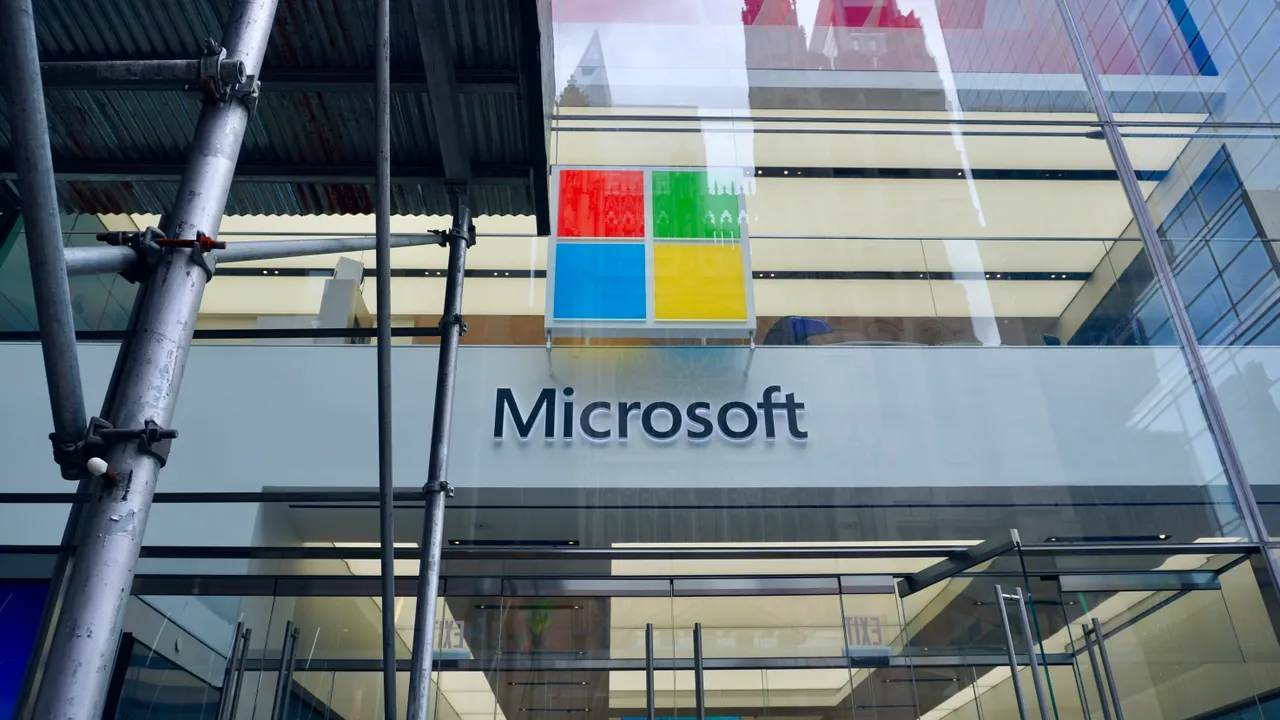Microsoft on Thursday introduced a new set of AI tools aimed at reducing the administrative burden on nurses and doctors.
The program reaffirms Microsoft’s commitment to improving patient care and assisting healthcare professionals with their daily responsibilities.
The AI models incorporate various medical data, including clinical records and pictures.
Microsoft is helping healthcare organisations create customised AI solutions with Providence and Paige.ai.
Read also: The future of AI: Microsoft’s constant companions
“We are at an inflection point where AI breakthroughs are fundamentally changing how we work and live,” said Microsoft corporate vice president for Healthcare and Life Sciences Solutions, Joe Petro in a statement.
“Microsoft’s AI-powered solutions are helping lead these efforts by streamlining workflows, improving data integration, and utilising AI to deliver better outcomes for healthcare professionals, researchers and scientists, payors, providers, medtech developers, and ultimately the patients they all serve,” added Mr Petro.
Microsoft’s AI-powered products facilitate processes and improve outcomes for healthcare professionals, researchers, and patients.
Microsoft’s AI Revolutionizes Healthcare
Microsoft is releasing the healthcare agent service in Copilot Studio due to patient care surges and staffing limitations.
The program streamlines appointment scheduling and patient triage, letting doctors focus on patient care. Early adopters like the Cleveland Clinic say AI tools have improved operational efficiency and patient experiences.
The healthcare agent service in Copilot Studio is another part of Microsoft’s healthcare worker relief plan. This tool streamlines appointment scheduling and patient triage, letting doctors and nurses focus on patients.
Duke University Health System senior vice president and chief nurse executive Terry McDonnell said, “Integrating AI-driven solutions into our workflows is a game changer for nurses. Microsoft’s ambient AI solution reduces burnout and frees up time to meet with patients at the bedside, where we make a difference.”
Microsoft invests in governance frameworks and shares best practices to guarantee its AI solutions benefit the healthcare industry and society.
Microsoft hopes these new AI capabilities will empower healthcare practitioners to focus on patient care and improve the healthcare experience.
Read also: OpenAI streamlines AI voice assistant development
Empowering Healthcare with Microsoft Analytics Solutions
Microsoft added unique health features to its Azure cloud and Fabric analytics platform in October 2023, boosting its healthcare capabilities. This wealth of information is scattered among systems and formats, making it difficult for healthcare providers to use. 97 percent of healthcare data still needs to be used, highlighting the need for better integration.
To address this issue, Microsoft’s new solutions can seamlessly connect data from EHRs, medical pictures, lab systems, medical devices, and claims systems.
Other AI solutions that were recently announced are still in the early phases of development or available exclusively in preview. Healthcare organisations can test and confirm these technologies before widespread use. Microsoft has not disclosed pricing, so potential customers must wait until the release.
















